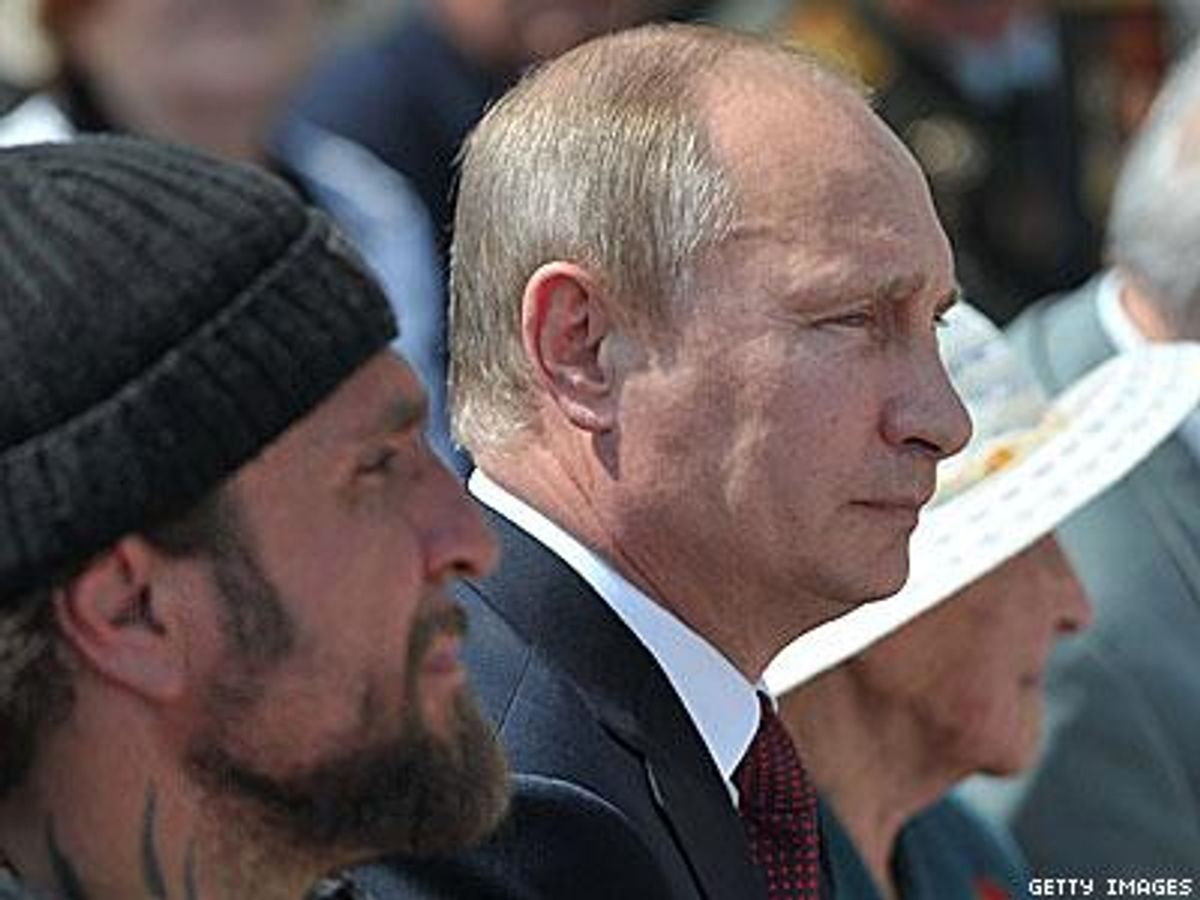In a move with implications for anyone who wants to protest Russia's new antigay law, President Vladimir Putin has declared a "forbidden zone" and banned public gatherings in Sochi, where the Winter Olympics and Paralympics will take place, and the surrounding area during the games next year.
A decree signed by Putin and published in the official government newspaper today means that "any demonstrations, pickets or public meetings 'not connected with the Olympic games' will be banned in the city between January 7 and March 21," London's Telegraph newspaper reports.
The restrictions were based on terrorist threats, not LGBT activism, according to government officials. Doku Umarov, considered the leading Islamic terrorist in Russia, has called for his followers to seek to stop the games by using "maximum force." He is suspected of being behind two suicide bombings. Sochi is near the North Caucasus area, "where suicide bombings and shootouts between rebels and Russian security forces continue on a near daily basis," the Telegraph notes.
Activists, including those focusing on LGBT issues, quickly spoke out against the government's action and vowed to hold gatherings anyway. "The president's decree on a rally moratorium in Sochi during the Olympics is unconstitutional," gay activist Nikolai Alexeyev tweeted, according to the Associated Press. "There still will be a gay pride parade."
Meanwhile, U.S. senator Barbara Boxer sent a letter to Putin calling for repeal of the antigay law, which bans "propaganda of nontraditional sexual relations" that could be accessible to minors -- in practice, a ban on public discussion of LGBT issues and identities. Some cities have passed similar laws.
"I cannot stay silent while your country works to put in place deeply discriminatory laws and policies undermining the rights of LGBT individuals, which have already had tangible and dangerous consequences," Boxer wrote, according to a copy of the letter obtained by Buzzfeed. "I have been shocked by images of Russian LGBT individuals -- including young men and women -- being harassed, threatened and severely beaten. If these laws and policies are not repealed, the consequences for human life and human dignity could get even worse."














































































